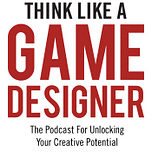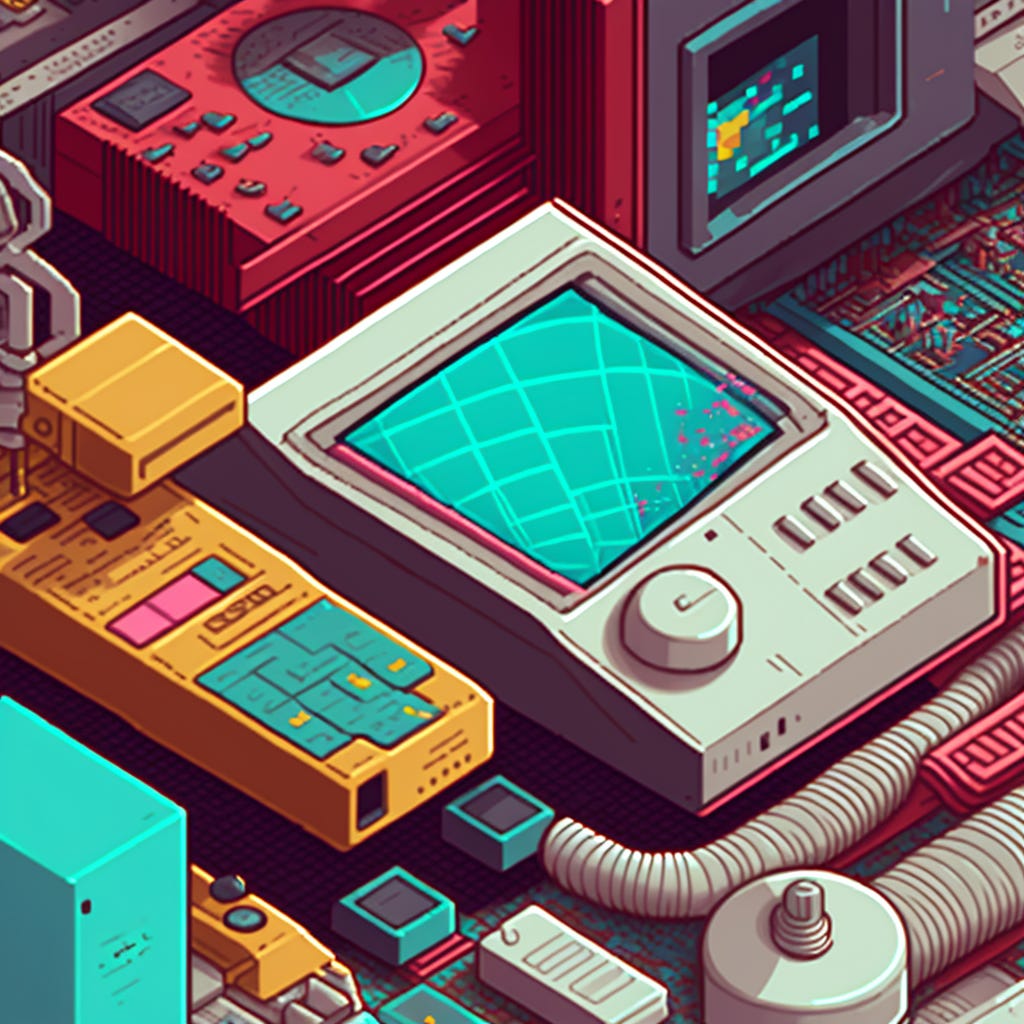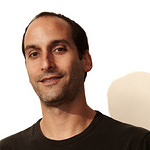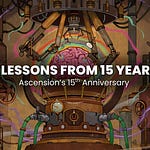About Ethan Mollick
Ethan Mollick joins us today to share his insights into the rapidly evolving world of artificial intelligence. Ethan is an associate professor at the Wharton School of the University of Pennsylvania, specializing in innovation and entrepreneurship. He also co-directs the Generative AI Lab at Wharton, which focuses on developing prototypes and conducting research to explore how AI can help humans thrive while reducing risks. His body of work includes the book Co-Intelligence, a New York Times bestseller that delves into AI's current state and future, as well as numerous published papers in top academic journals.
In this episode, Ethan takes us through his journey from working at MIT's Media Lab with AI pioneer Marvin Minsky to becoming a leading voice on the impact of AI on work and education. He shares practical advice on how creatives, including game designers, can wield AI to enhance their work while navigating its ethical complexities. Ethan and I reflect on co-designing the Breakthrough Game, which has been used by organizations like Google and Twitter to boost innovation and creativity. There’s a lot to learn from this episode, so get those notebooks out—Enjoy!
Ah-ha! Justin’s Takeaways
AI Playtesters: Leverage AI to emulate different target audiences and gather feedback on your ideas. This approach can accelerate your core design loop, allowing you to test and refine concepts quickly and cost-effectively.
Rubber Ducking: Research shows that discussing your ideas with AI, much like a QA person talking through a problem, can improve problem-solving and creativity.
The Genie Isn't Going Back in the Bottle: AI is here to stay, and top players at major companies are betting on its rapid advancement. Ignoring AI's potential won't help us. We must acknowledge its ethical implications and challenges and seize its opportunities. By connecting with fellow designers, we can learn how to advance our industry best and support those who may be displaced by these changes.
Want to support the podcast and get more design lessons?
Paying subscribers enjoy an abundance of extra game design content and an exclusive newsletter with new lessons, archive access, videos, and more! By opting for a free or paid subscription, you can get the latest articles delivered to your inbox and support this podcast!
Show Notes
"It's really great for some stuff and bad at other things. And that doesn't mean doing the work for you." (19:03)
Ethan Mollick describes AI's strengths and limitations in the creative process. He explains how AI can be a powerful tool for ideation and prototyping but still requires human oversight and direction. One point is that AI will not disappear soon, so it’s not a bad idea to learn how it integrates with a new workflow.
"Ask it to come up with constrained ideas. Imagine your infinite budget; how would you do this? Imagine a digital computer system in the future; how would you do it?" (22:35)
Ethan elaborates on the role of AI in the ideation phase of game design. He shares his thoughts about how AI can generate numerous ideas quickly and how interacting with AI can improve the creative process. This segment highlights the potential of AI to accelerate brainstorming and concept development.
“I'm in a Dungeons and Dragons game that meets every week. And it’s awesome because we've got an AI listening to our entire conversation and summarizing everything that happened.” (00:34:46)
In this segment, we delve into the innovative ways AI is enhancing gaming experiences, using Ethan's Dungeons and Dragons sessions as a prime example. We explore how AI can listen, summarize, and assist in managing game logistics, making gameplay smoother and more immersive. Additionally, we reflect on our past assumptions about technology and how AI continues to exceed expectations, reshaping the landscape of gaming and creativity.
“It’s not just about accelerating good ideas, it’s also about accelerating bad ideas.” (00:39:52)
In this segment, we explore AI's dual-edged nature in the creative process. Ethan Mollick emphasizes that while AI can rapidly generate and develop good ideas, it can just as quickly amplify bad ones. However, this acceleration is a fantastic way to iterate; finding the endpoint of a bad idea, which is most ideas, is an incredible way to uncover the good ones.
“You want to support artists because they're your lifeblood and because you care about art and you care about what we're doing in these fields. But we also want to be in a situation where you can build games with the kind of budget and capabilities you have.” (00:45:32)
This segment is a discussion about the ethical balance of using AI in game development. Ethan mentions the importance of supporting artists, who are crucial to the creative process, while also recognizing the practical need to stay within budget constraints, which is something AI can help with. This conversation delves into how AI can be ethically integrated to support artists rather than replace them, ensuring that the technology enhances the creative process without undermining the value and contribution of human artists.
Here, you can find Ethan’s substack to learn more about AI for work, education, and life.
















